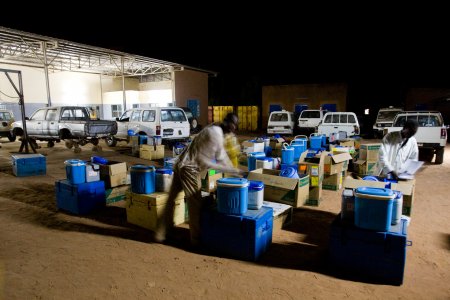 Olivier Asselin
Opinion
Olivier Asselin
Opinion
05/25/2009
Jean-Hervé Jézéquel
Analyzing the same event from different perspectives is a favourite trick of historians to spice up their narratives. It also works pretty well to describe humanitarian interventions.
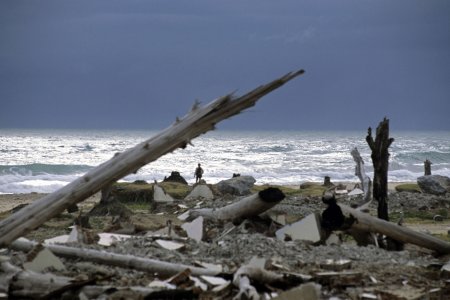 Sebastian Bolesch
Opinion
Sebastian Bolesch
Opinion
06/22/2009
Rony Brauman
According to Wikipedia, "a humanitarian crisis is an event or series of events which carry with them a critical threat to the health, safety or wellbeing of a collectivity, usually over a wide area.
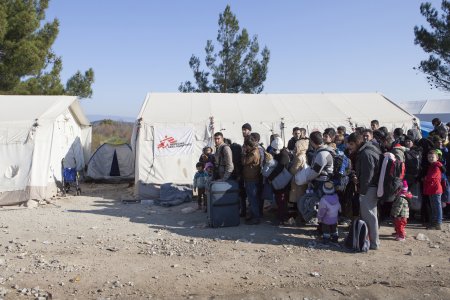 Alex Yallop
Analysis
Alex Yallop
Analysis
07/06/1999
Fiona Terry
What role should NGOs play in states undergoing reconstruction? What position should they take vis-à-vis civilian donors (governments and supranational institutions) and armed forces?
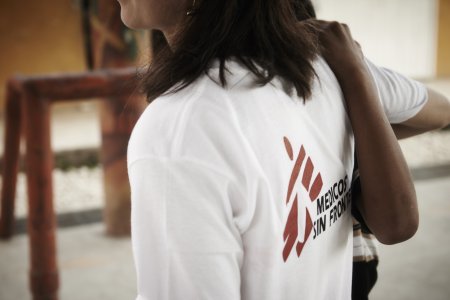 Christina Simons
Analysis
Christina Simons
Analysis
08/01/1999
Nicolas De Torrente
Nicolas de Torrente is questioning how far have the liberal economic reforms in Uganda seeking to rebuild and reshape the health care system, how are reforms affecting the actual delivery of health services and what are the implications of these reforms in terms of the sustainability and equity.
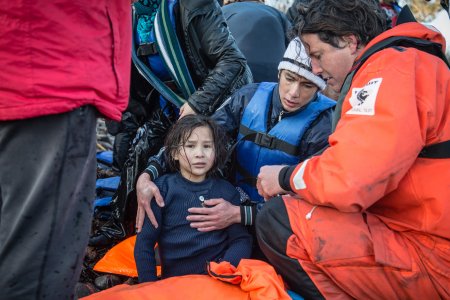 Will Rose
Articles and blog
Will Rose
Articles and blog
10/01/2000
Fiona Terry
This brief article aims to clarify some of the central concerns held by organisations like Médecins sans Frontières as regards the approach and the application of uniform set of standards to respond to the needs of people in distress.
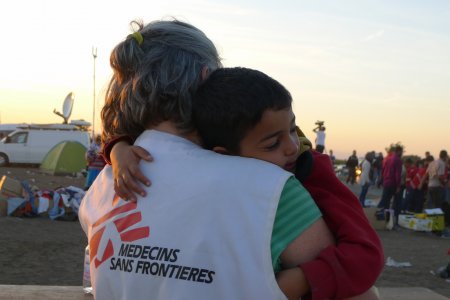 Ana Lemos
Opinion
Ana Lemos
Opinion
09/04/2001
Fiona Terry
In this article, Fiona Terry discusses the tragic situation of the North Korean people, despite North Korea being one of the world's largest beneficiaries of food aid.
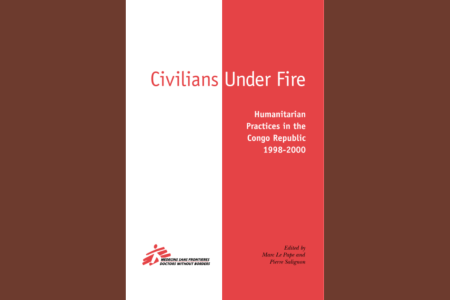 Book
Book
10/01/2001
Marc Le Pape
Pierre Salignon
In the face of violence, how does a medical relief organization react and respond? This book is an account of one experience; it describes and analyzes the characteristics of one intervention: that of Médecins Sans Frontières in Congo Brazzaville in 1998-2000.
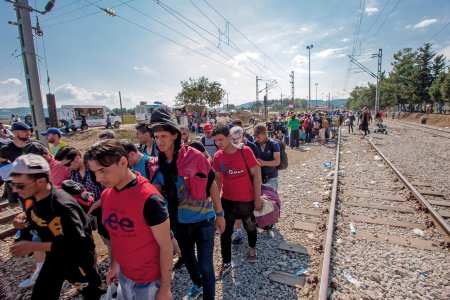 Borja Ruiz Rodriguez
Opinion
Borja Ruiz Rodriguez
Opinion
01/01/2003
Fiona Terry
As the USA announces its decision to suspend food aid to North Korea - one of the largest beneficiaries of global food aid - Fiona Terry reveals the true political issues behind the decision, and reminds us of how "humanitarian" assistance is used to bolster one of the planet's most oppressive regimes.
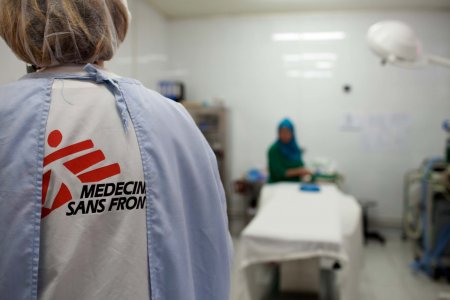 Amador Gullar
Opinion
Amador Gullar
Opinion
01/01/2003
Fiona Terry
The international aid regime tends to exaggerate changes over the last decade in the nature of so-called humanitarian crises. Neither violence perpetrated against civilian populations nor the dilemmas posed to aid organisations attempting to assist them have worsened since the end of the Cold War.
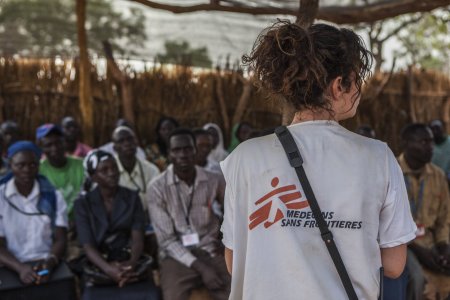 Yann Libessart
Cahier
Yann Libessart
Cahier
01/01/2007
Xavier Crombé
This Cahier du CRASH by Xavier Crombé combines a study of the experience and positions of MSF vis-à-vis occupation contexts since the 1980s, and the minutes of a talk organised by the 'Fondation MSF' in January 2006 on "Humanitarian action in situations of occupation".
 Juan Carlos Tomasi
Opinion
Juan Carlos Tomasi
Opinion
03/01/2008
Xavier Crombé
Though independence and innovation are both highly valued concepts, Xavier Crombé questions in this article - thanks to MSF's experiences in Niger in 2005 - the possible interactions between them.
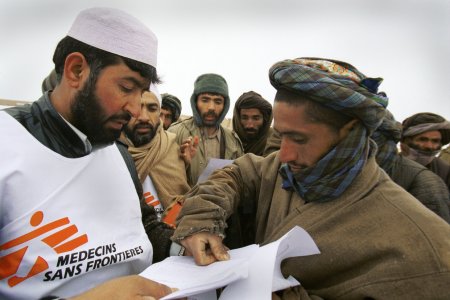 Tim Dirven
Cahier
Tim Dirven
Cahier
04/01/2008
Judith Soussan
To embark upon a study of this theme is to enter a field strewn with contradictory representations linked to a highly sensitive issue – the limits of our responsibility – that has generated endless disagreements and debates on our “identity” and the existence or nonexistence of a role for MSF “beyond care”.
 Olivier Asselin
Opinion
Olivier Asselin
Opinion











